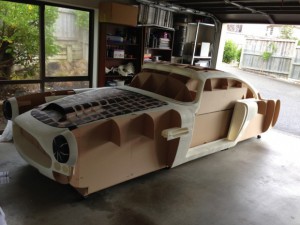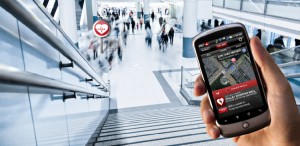
Surveillance and parasitism harm society’s collective intelligence
What this post is about: Society’s collective intelligence needs to be able to see clearly what’s going on and take action about it. Both NSA surveillance and corporate suppression of activism interfere with that vital dynamic. This post clarifies what’s going on in these dynamics and suggests strategies to counter them and increase society’s collective intelligence.
Any healthy living system will try to weed out challenges that threaten its functioning. That’s what immune systems do: they preserve business-as-usual in a body.
But this natural maintenance activity of a system can be counterproductive:
(a) when changing circumstances demand adaptive responses, when the system NEEDS to change its business-as-usual – and
(b) when the system has been parasitized by something that is using it for the parasite’s own purposes at the larger system’s expense.
Entire post below the line, with links.
Continue reading “Tom Atlee: Surveillance and parasitism harm society’s collective intelligence”







